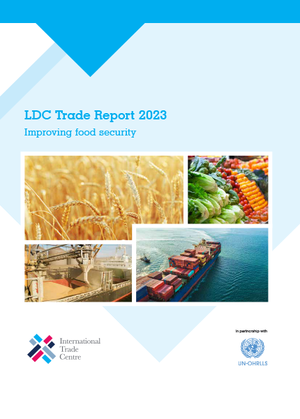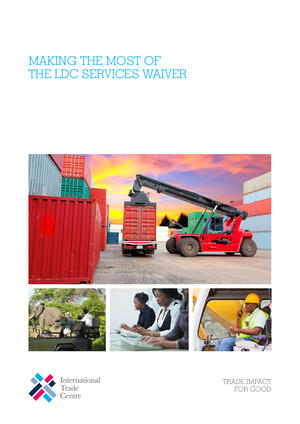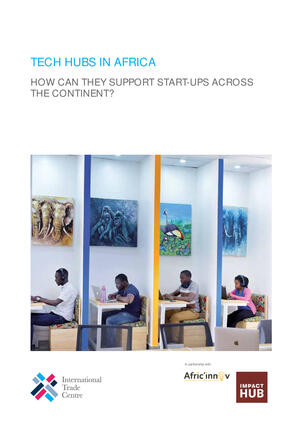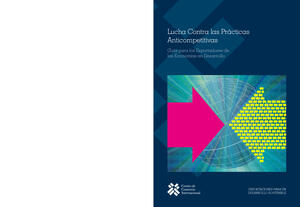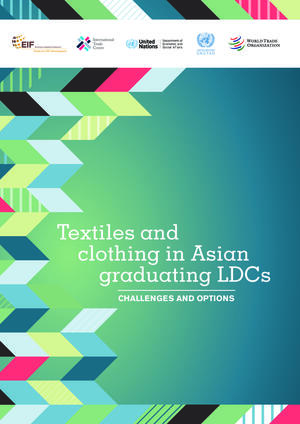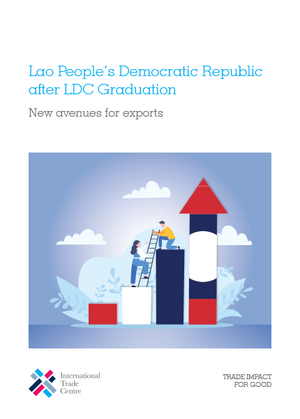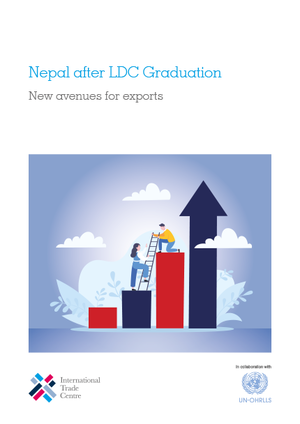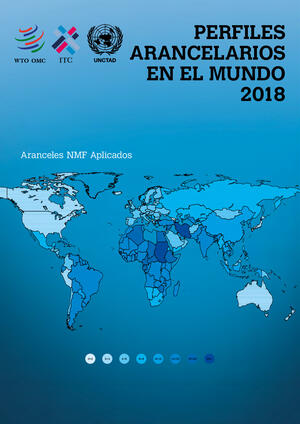LDC Trade Report 2023: Improving food security
Trade improves the food supply of least developed countries (LDCs), but import dependence on concentrated suppliers of cereals, vegetable oils and sugar threatens their food security. In 2022, increasing food and fertiliser prices, the war in Ukraine and export restrictions depressed LDC food...




